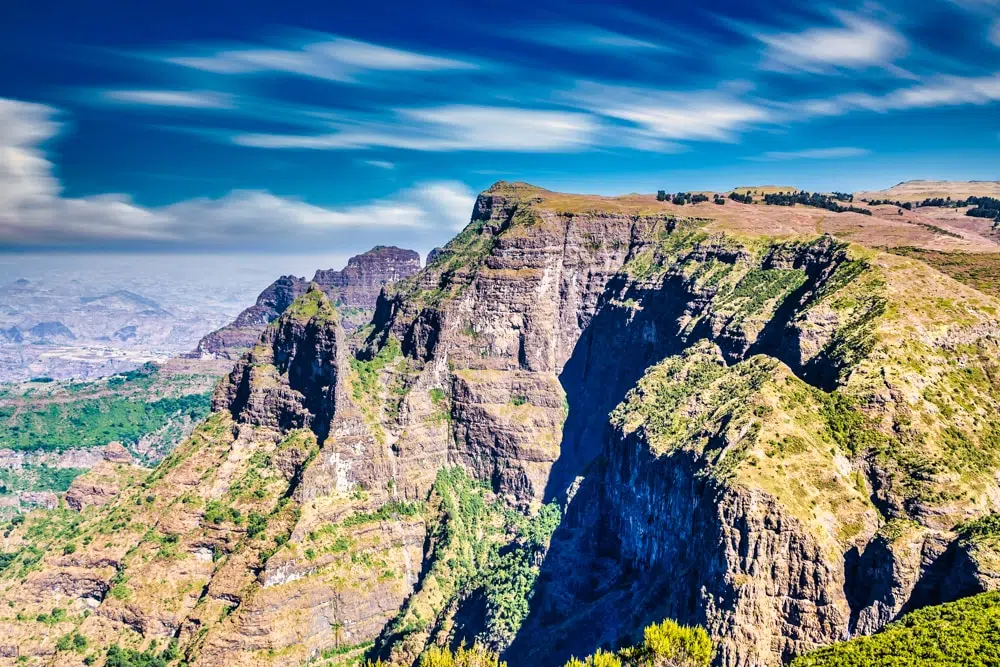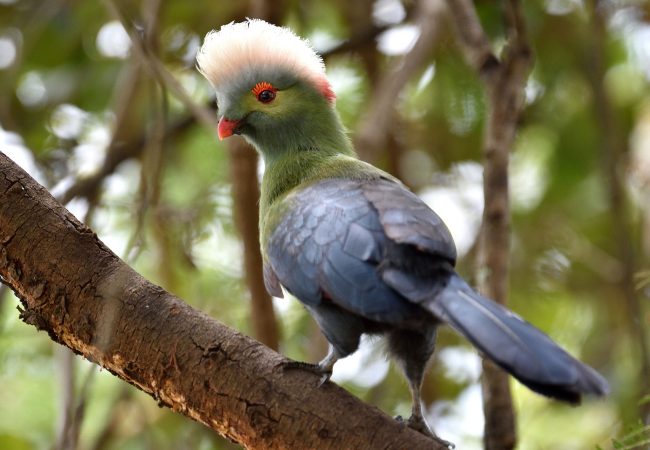Ethiopia’s Festivals and Celebrations
Religious traditions are an indivisible part of the Ethiopian culture. The Orthodox Church celebrates different festivals throughout the year: Christmas or Genna, the Epiphany or Timkat, Easter or Fasika and the discovery of the True Cross or Meskel are massively celebrated with soulful ceremonies.
Being part of religious festivals is the best way to experience the Ethiopian culture since these events play an important role in Ethiopians daily life. Thus, many of our travellers try to schedule their trip to coincide with important festivals such as the Ethiopian Christmas (Timkat) or the Ethiopian New Year (Enkutatash). Most of the religious events in Ethiopia are part of the Ethiopian Orthodox Church and even though they are widely celebrated throughout the country, there are unique ceremonies held in important cities such as Timkat in Gondar, Christmas in Lalibela and Meskel in Addis Ababa. Also, the Islamic holidays are celebrated based on the lunar calendar and thus they fall at different dates each year. If you want to witness the faith of Ethiopians during their festivities, we have listed the main religious events with the possibility to be integrated into one of our itineraries.



7th Jan: Genna
After 43 days of fasting (known as the advent or Tsome Gahad), Ethiopians celebrate their Christmas. The Genna festivity starts in the early morning (6:00 a.m.) with people gathering in churches for the mass service culminating in a spectacular procession of the Tabot (a replica of the Ark of the Covenant) carried on the top of the priest’s head. After this ceremony, people gather at home with their relatives to feast and break their fast with typical Ethiopian food such as Doro Wat, a spicy chicken stew served with injera. Injera is a sourdough pancake-like bread and a staple food in Ethiopia. A typical local drink for Genna celebration is tej, made from honey or tell barley.. One of the most popular places to witness this holiday is Lalibela, which receives pilgrims from all over the country who gather to chant and pray around the famous rock-hewn churches during the night.
TIMKET
Two weeks after Genna, Timket is celebrated. It marks Christ’s baptism by St. John in the Jordan River and is considered the most colorful event of the year. Timket falls on January 11 on the Ethiopian calendar (January 19 on the Gregorian calendar).
The festivities begin on the Eve of Timket with colorful processions and ceremonies ending on the 12th January (20th January Gregorian calendar). A myriad of traditional dishes are prepared, the customary beverages Tella and Tej are brewed and a special bread is baked called “Ambasha”. Sheep are also slaughtered to mark this grand three-day celebration.



ENKUTATASH
September 11 is both New Year’s Day and the feast of St John the Baptist. The day is called Kiddus Yohanes or Enkutatash which means the “gift of jewels.” When the famous Queen of Sheba returned from her journey to visit King Solomon in Jerusalem, her chiefs welcomed her back by replenishing her treasury with enku or jewels. As this day coincides with the end of the season of heavy rains and the beginning of spring, the spring festival has been celebrated since these early times — dancing and singing can be heard at every village in the countryside and people joyfully celebrate not just the wildflowers that fill the highlands or the religious celebration composed of three days of prayers, psalms, hymns, and massive colorful processions, but also renewed life. To witness the largest and most astounding Enkuntatash celebration, most people go to Raguel Church, which sits atop Entoto Mountain.
FASIKA
Fasika, Ethiopian Orthodox Christian Easter, is celebrated after 55 days severe lent fasting during which Orthodox Tewahedo Christians do not eat meat and dairy products for the whole 55 days. The only food they can eat is vegetarian meals like ground split peas, lentils, grains, fruits, bread, and injera. On the eve of Easter, people go to church, bringing candles to light up for the very colorful Easter service. Addis Ababa, Axum, Lalibela, and Gondar are the sites of the 4 biggest pilgrimages for Orthodox Easter where celebrations are large and visitors can get the most authentic understanding of the holiday. In fact, a majority of the 800,000 annual international visitors of Ethiopia come for Fasika.
MESKEL
A two-day feast celebrated starting in September 26th, marking the finding of the True Cross in the early fourth century. During this time, yellow daisy-like flowers (called meskel) bloom all over he hills surrounding Addis Ababa. People head to Meskel Squaare to celebrate, and bishops and civic leaders led the festivities. After mass is the breaking of the feast which is celebrated by eating injera which is a flatbread considered to be Ethiopia’s national dish.













